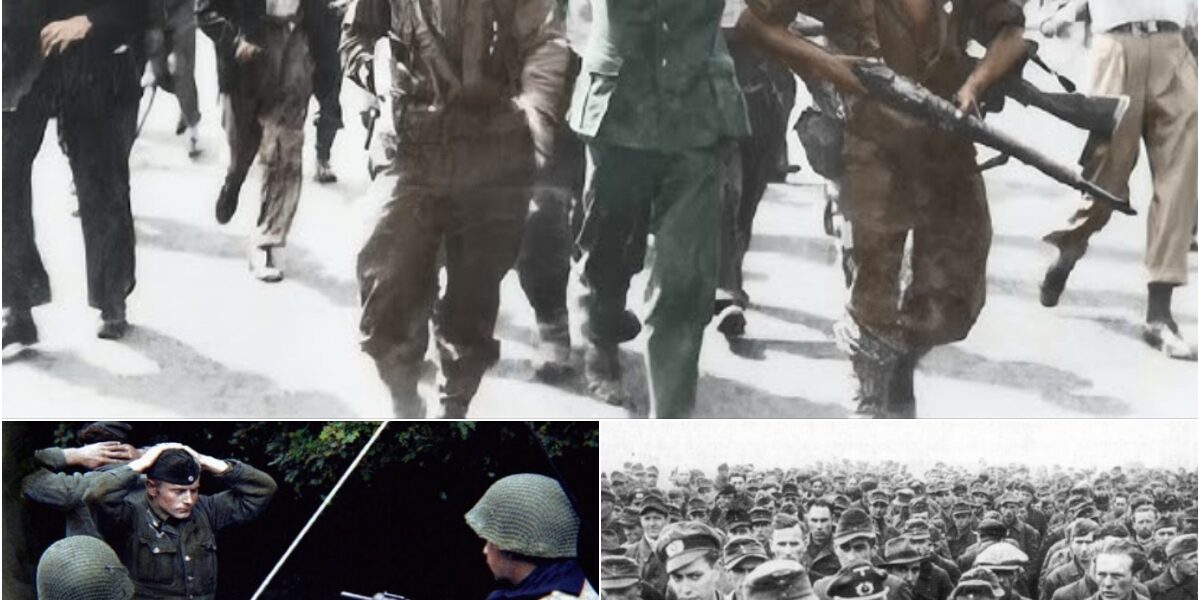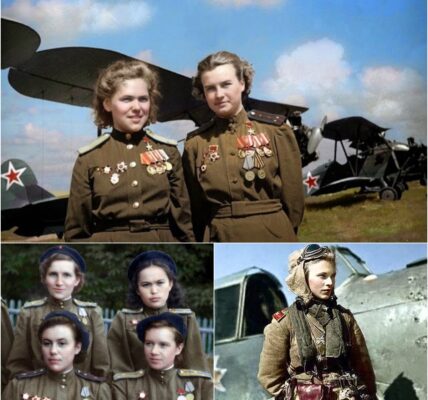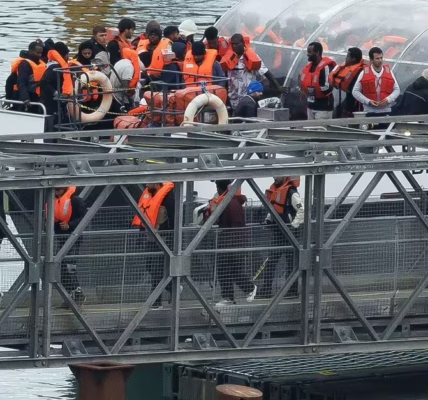THE FINAL TREMBLING MOMENTS OF 2,000 NAZIS: How the Massacre of 428 Yugoslav Civilians Led to One of WWII’s Largest Mass Executions – Forcing the Nazis to Meet Their End Before Justice
CONTENT WARNING: This post discusses an extremely brutal civilian massacre and post-war executions. Purpose: historical education and remembrance only.
Velika, Montenegro – 28 July 1944: 428 civilians murdered in under two hours
As German forces retreated from the Balkans, the 7th SS Volunteer Mountain Division “Prinz Eugen” and the 21st Waffen Mountain Division “Skanderbeg”, together with local auxiliaries, were ordered to “cleanse” the Lim River valley.
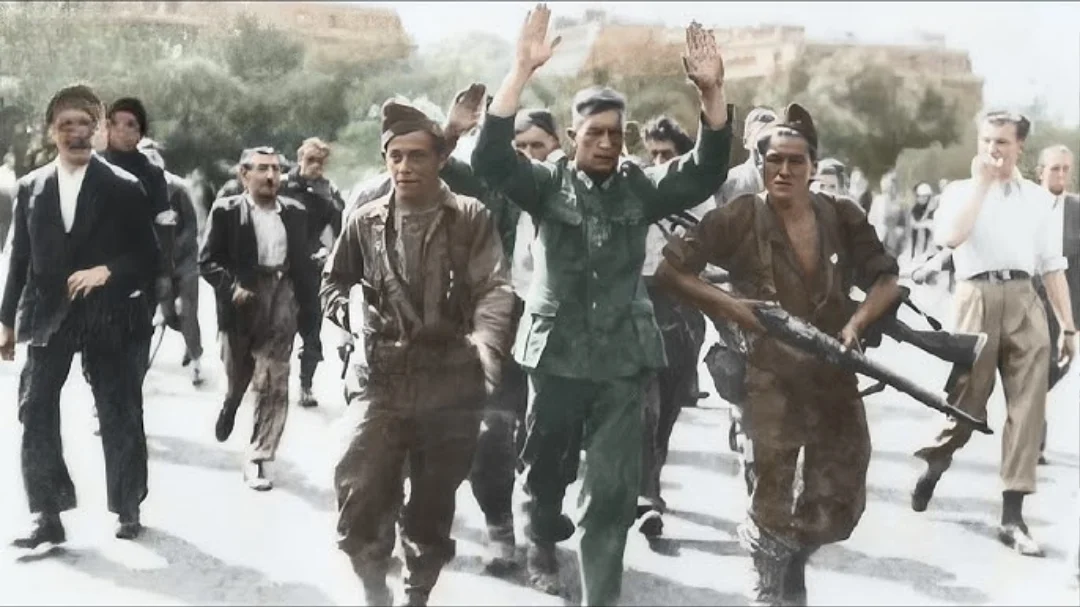
They chose the small village of Velika.
In less than two hours:
428 civilians – mostly women, children, and the elderly – were slaughtered
Houses were burned, property looted
Infants were shot in their mothers’ arms, toddlers skinned alive, entire families locked inside homes and burned
Some internal German reports were so horrific that even German officers tried to suppress them.
Yet in the next day’s command briefing, division commander August Schmidhuber praised the operation as an “outstanding success”.
Justice without mercy
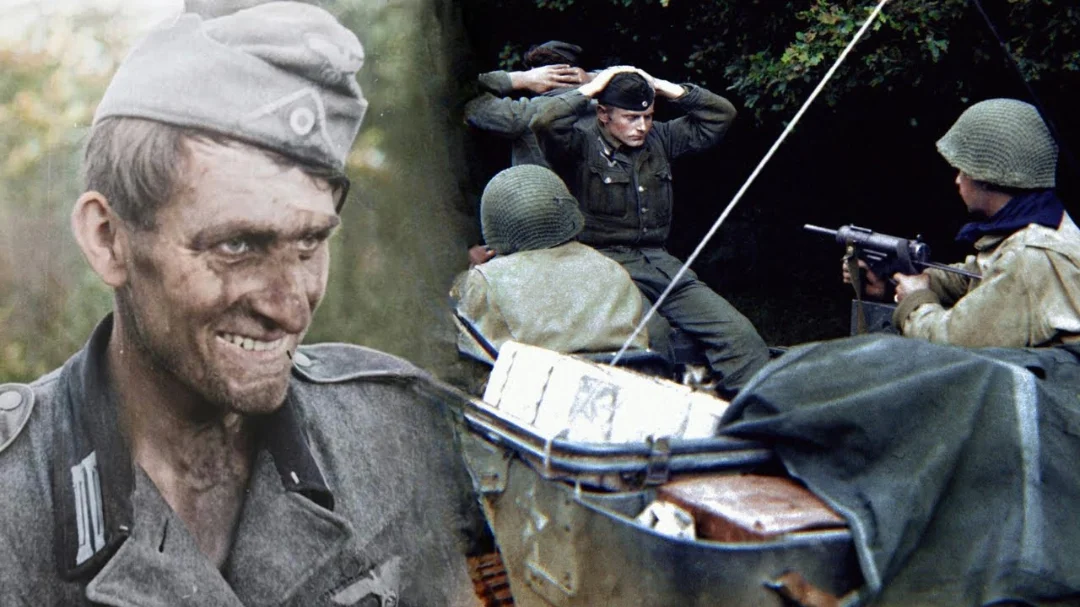
In May 1945 the remnants of “Prinz Eugen” surrendered to Yugoslav forces near Celje, Slovenia.
Most – over 2,000 men – were executed on the spot without trial.
In 2010 a mass grave was uncovered at Tezno: more than 2,000 bodies, stripped naked, bound with barbed wire, shot in the back of the head.
Commander August Schmidhuber was captured on 11 May 1945 and hanged in Belgrade in February 1947 after a war-crimes trial.
Velika – one of the least-known but most horrific crimes in the Balkans
Over 1.2 million people died in wartime Yugoslavia – more than half of them civilians.
The Velika massacre remains one of the darkest and least remembered chapters.
Today, where the village once stood, there is only a simple memorial and 428 names carved in stone.
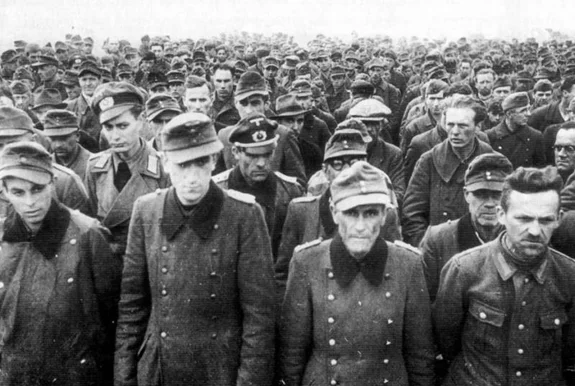
We tell this story not to feed hatred, but to:
Remember the 428 human beings whose lives were taken simply because they were there
Remind the world that war crimes, however long hidden, will eventually face justice.
